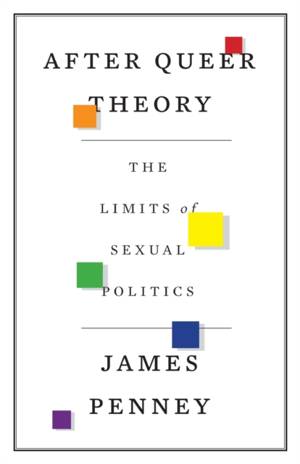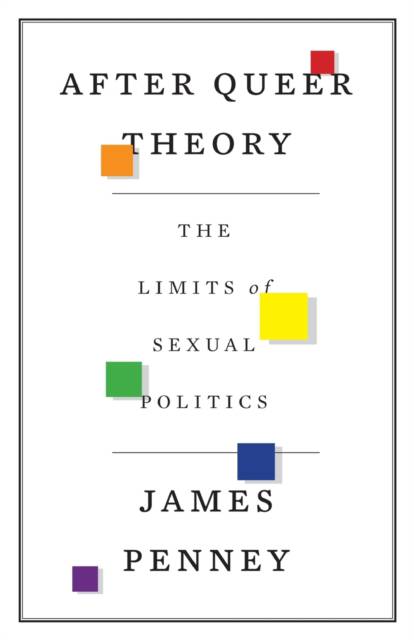
- Afhalen na 1 uur in een winkel met voorraad
- Gratis thuislevering in België vanaf € 30
- Ruim aanbod met 7 miljoen producten
- Afhalen na 1 uur in een winkel met voorraad
- Gratis thuislevering in België vanaf € 30
- Ruim aanbod met 7 miljoen producten
Zoeken
After Queer Theory: The Limits of Sexual Politics
The Limits of Sexual Politics
James Penney
Paperback | Engels
€ 34,95
+ 69 punten
Uitvoering
Omschrijving
Is queer theory dead? Through its increasing entanglement with capitalism, James Penney, controversially argues that queer theory has run its course. However, the 'end of queer' should not signal the death of liberatory sexual politics; rather, it presents the occasion to rethink the relation between sexuality and politics. The book makes a critical return to Marxism and psychoanalysis, via Freud and Lacan, and conducts a critical examination of queer theory's most famous proponents, including Judith Butler and Eve Kosofsky Sedgwick. In doing so, Penney insists that the way to implant sexuality in the field of political antagonism is - paradoxically - to abandon the exhausted premise of a politicised sexuality. He argues that by wresting sexuality from the dead end of identity politics, it can be opened up to a universal emancipatory struggle beyond the reach of capitalism's powers of commodification.
Specificaties
Betrokkenen
- Auteur(s):
- Uitgeverij:
Inhoud
- Aantal bladzijden:
- 224
- Taal:
- Engels
Eigenschappen
- Productcode (EAN):
- 9780745333786
- Verschijningsdatum:
- 8/11/2013
- Uitvoering:
- Paperback
- Formaat:
- Trade paperback (VS)
- Afmetingen:
- 135 mm x 211 mm
- Gewicht:
- 317 g

Alleen bij Standaard Boekhandel
+ 69 punten op je klantenkaart van Standaard Boekhandel
Beoordelingen
We publiceren alleen reviews die voldoen aan de voorwaarden voor reviews. Bekijk onze voorwaarden voor reviews.











